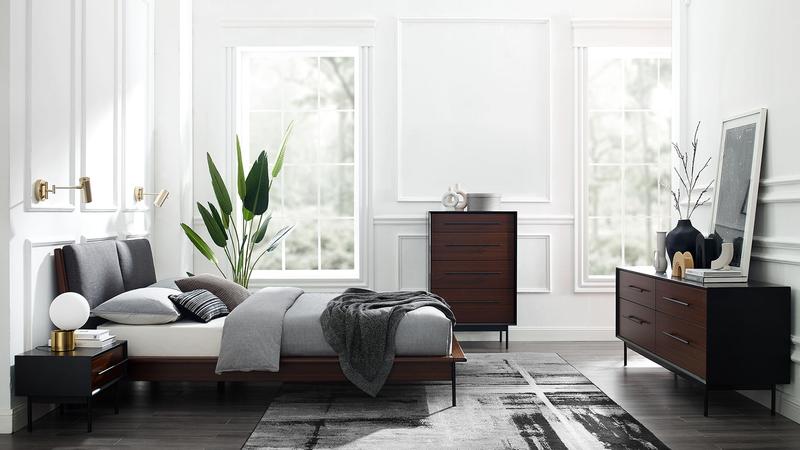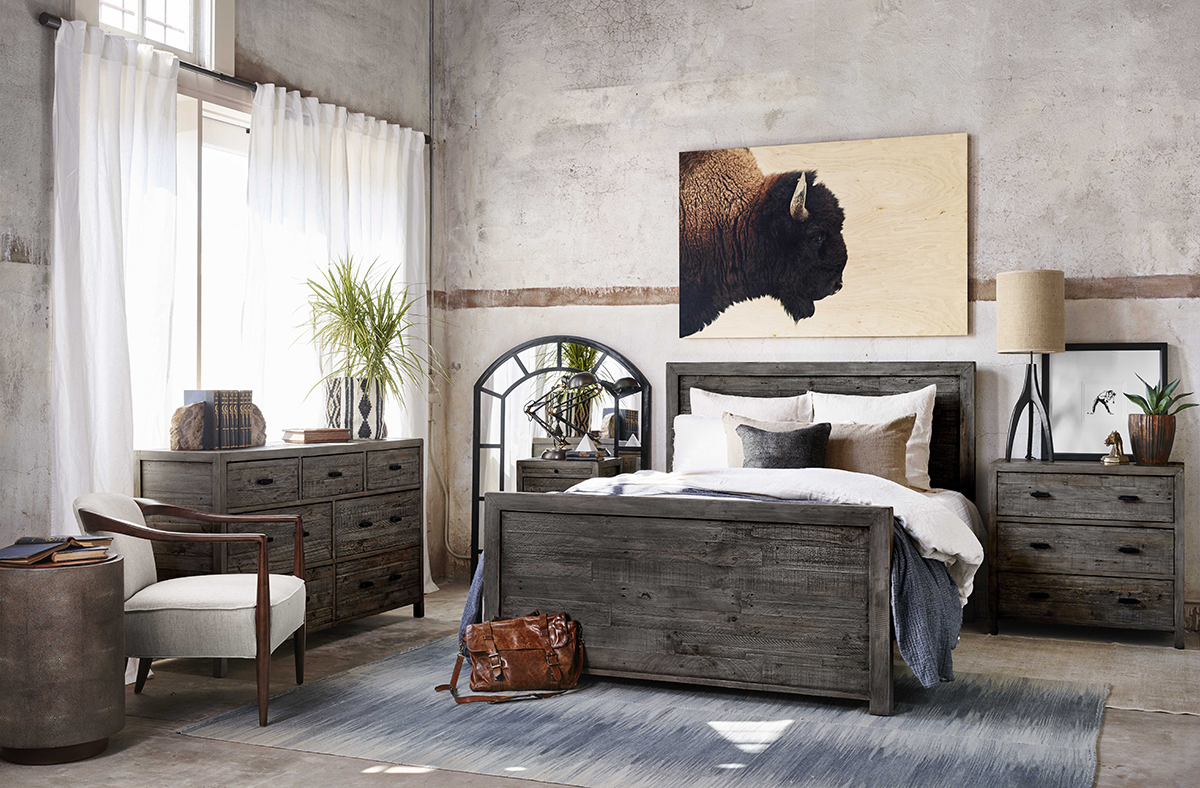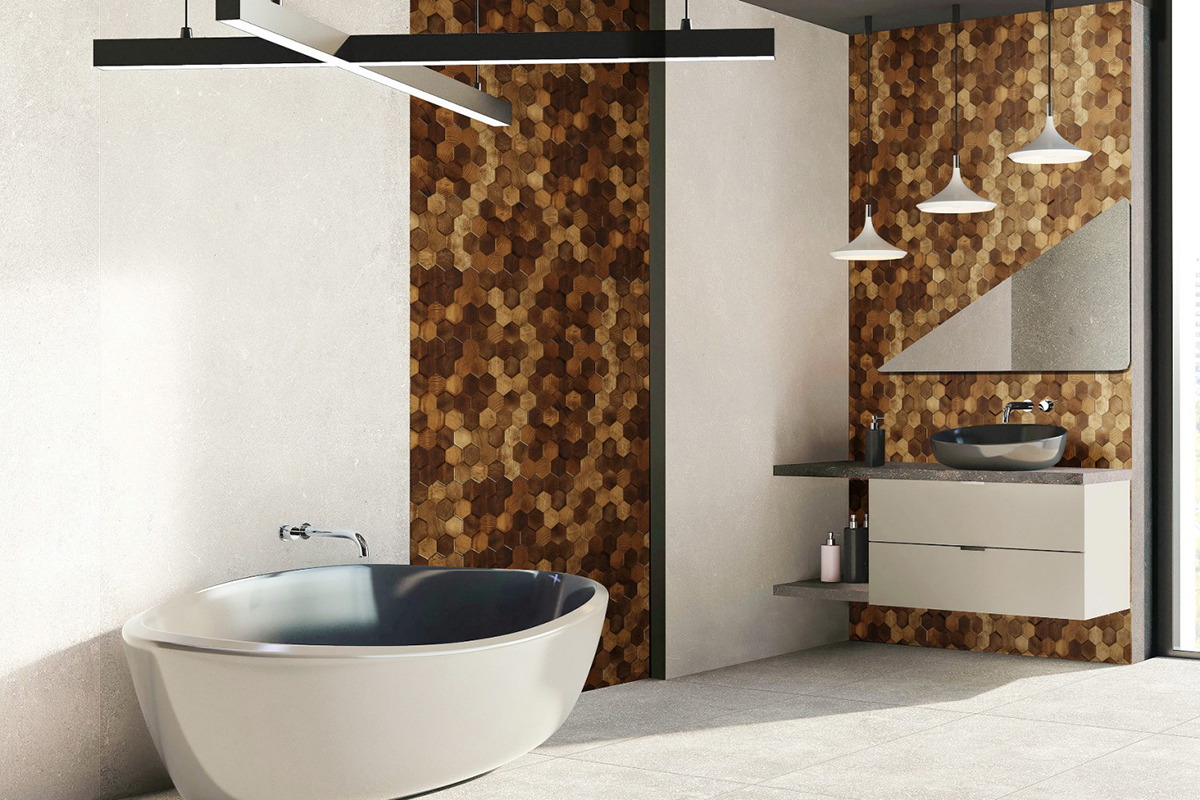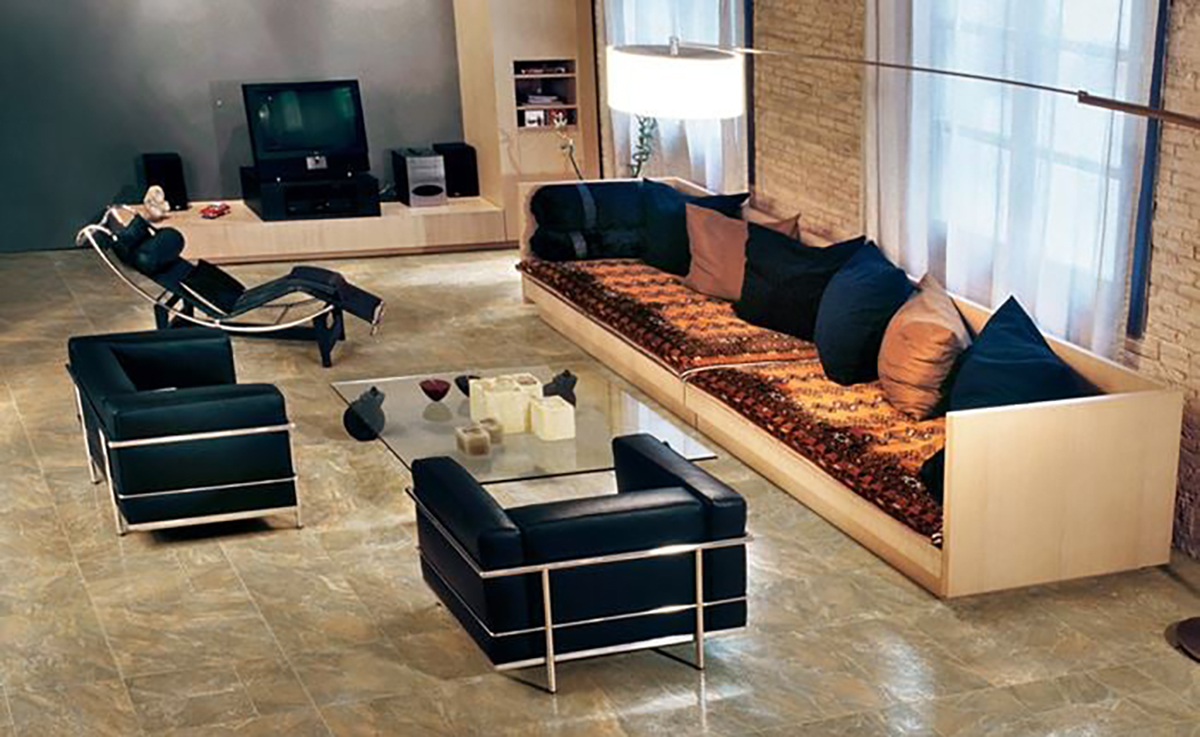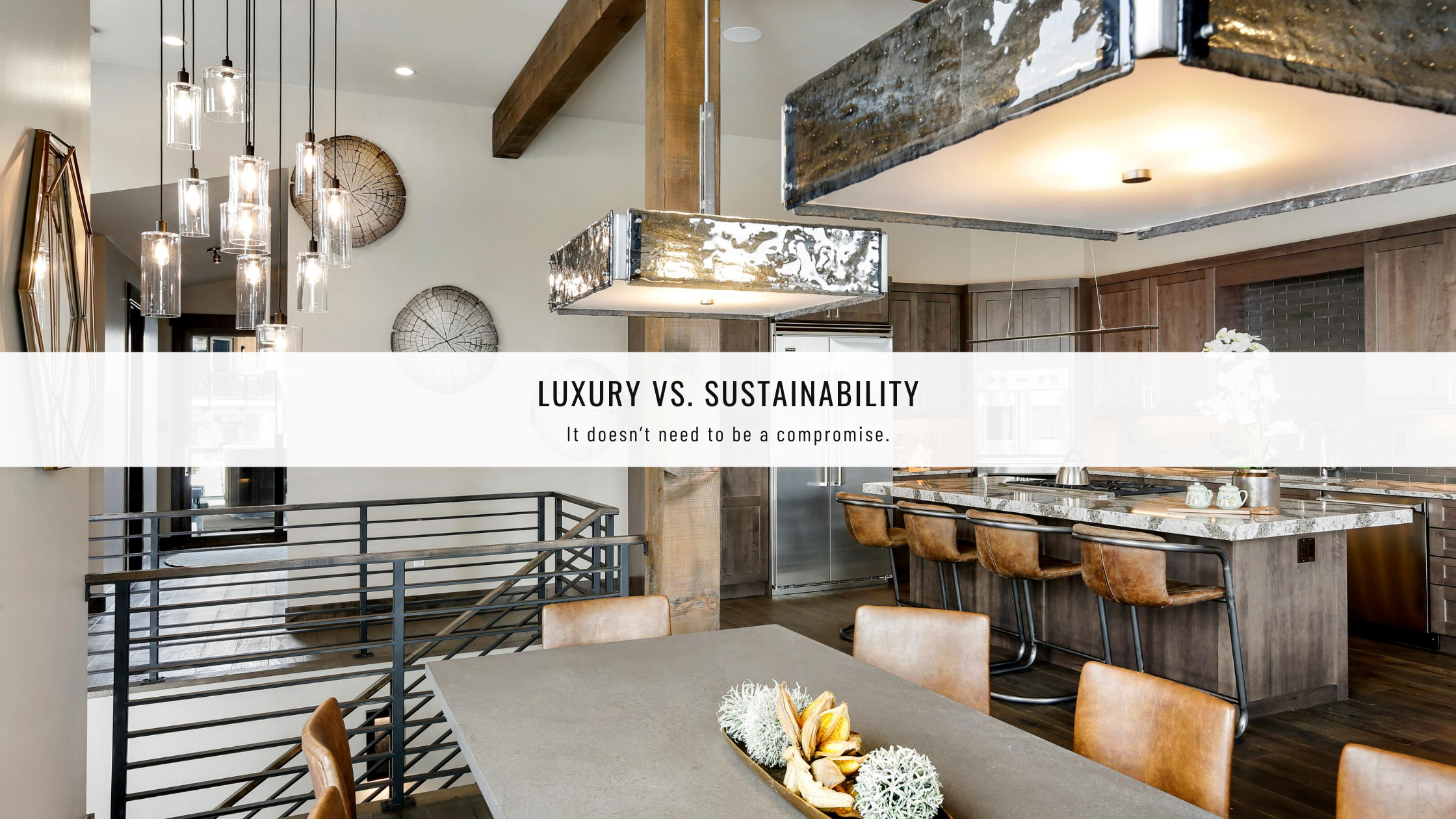
Luxury Vs. Sustainability
It doesn’t need to be a compromise
Contributed by Bekah Whitney

Our part as interior designers.
For interior designers, sustainability isn’t just a trendy word thrown onto labels to help sell products, it’s about creating a healthier environment that will have a positive impact on today and our future tomorrow. The process of creating products often expels toxins that pollute our water, air and physical bodies. Given the fact people statistically spend 90% of their time inside it’s important to assure their indoor environment is a healthy and wholesome space.
At Abigail-Elise Design Studio, we put sustainability at the forefront of our designs. We live and work a lifestyle committed to educating ourselves as well as our clients about environmentally friendly practices and products. This allows us to achieve the greatest positive impact on the future of our clients’ health as well as the planet.
Luxury products that are also sustainable.
As a homeowner it can be hard to choose products that are both luxurious and sustainable. Luckily for you, we have the expertise to show you that it does not have to be a compromise you have to make! We have thousands of partners that create products utilizing sustainable components such as bamboo, reclaimed wood, cork and other recycled materials to create elegant, high-end products. Let’s look at each one more thoroughly.
Bamboo
Bamboo is an amazing resource for the environment and adds a smooth, elegant essence to luxury homes.
Bamboo is an incredibly durable material that can be used to create furniture, lumber and other products. It grows to maturity in 5 years whereby a pine will take 25 to 30 years to hit maturity. Bamboo also releases 35% more oxygen into the air than the equivalent stand of trees (1). The entire bamboo culm can be used in the manufacturing process, wasting nothing, including the sawdust, which is put to use generating steam for the dry kiln room and press machine (1).
When it comes to creating healthy interiors bamboo fibres are naturally antibacterial, meaning they don’t need any toxic chemical treatments. Their innate ability to prevent bacteria and microbes from growing on products make bamboo the perfect plant for naturally hygienic products (2).
Our partners at Greenington create luxury bamboo furniture that not only is high quality, because of the bamboo being used, but is unique and aesthetically pleasing.
Reclaimed Wood
Reclaimed wood is one of our favorite ways to create beautiful interiors. This abundant resource creates an authentic and sophisticated look that is also sustainable. By reusing materials trees don’t have to be harvested as much or as often, leaving room for more ethical forestry management processes to take place.
Please note, there can be health concerns related to the use of reclaimed wood given it is not always known what the wood was recycled from and how it was previously treated. To ensure safety, we partner with companies that only create handcrafted furniture from recycled woods certified by the Forest Stewardship Council (3).
Cork
Many people don’t think about cork for anything else but keeping their wine fresh. Surprise, cork wall coverings and flooring are both environmentally friendly and chic.
Cork is natural (not petroleum based), rapidly renewable and does not give off toxic components (4). Since the outbreak of COVID-19 many people are starting to be mindful about air quality, but interior designers have been cognizant of its importance for years. Many products give off toxins that are detrimental to indoor air quality and personal health (4). As stated earlier, people spend a significant amount of time inside and air quality is highly important. By using cork, we can promote health, and make fashionable interiors at the same time.
Recycled Materials
When considering luxury products, most people don’t jump to recycled materials. But think again!
Our partners at Arizona Tile have an amazing line of tiles created from recycled materials. Although there are many quarries that try to reduce their impact on the environment the process will never be perfect. Using recycled materials means cleaner water, less waste and more purified air (5).
Tiles are just one of many luxury materials that are made from recycled materials. Reducing the amount of new materials that have to be created will always be an environmentally friendly practice and we believe it is important to consider this when purchasing products.
Utilizing our interior design team, we are here to help!
One of the easiest ways people can assist the environment is to take care of the spaces they inhabit. Whether it’s a client who likes to be green or a company that needs to make sure all their products meet a certain standard, requests for sustainable and healthy products are not unique for our design team. In fact many of our partners do not sell to the general public and must be purchased through a professional.
Let our team at Abigail-Elise Design Studio take on the research and take out the amount of work required by you to make an informed decision. We are equipped to create your home with healthy sustainable products without having to compromise on luxury. Tune in to our BLOG as well, for tips from our top designers regarding luxury living, sustainable products, spacial functionality, the use of textures within your interior designs and so much more. Now go out and create your dream home!
If you love the ideas we’ve shared and are ready to start designing your next project give us a call 970.485.5228 or email wendy@aeinteriorsinc.com. We’re open and ready to start today!
Recommended books for continued learning:
Articles Sourced
- Greenington. “Why Bamboo”. https://greenington.com/pages/why-bamboo
- Bare Vida. “5 Reasons Why Bamboo is Saving Our World”. https://barevida.com/blogs/news/why-is-bamboo-eco-friendly
- Fourhands. “The Reclaimed Collection”. https://marketplace.fourhands.com/collections/reclaimed
- Sustainable Materials. “Sustainability”. https://www.sustainablematerials.com/sustainability/
- Natural Stone Council. “Best Practices”. https://naturalstonecouncil.org/category/best-practices

